By Paul Ejime
The decision by Assimi Goïta, who led two military coups within nine months in Mali from August 2020, to promote himself from Colonel to five-star general speaks volumes for the political ambition of the junta leaders in West Africa.
By that announcement on 17 October, Goita became the highest-ranking officer in the Malian Army. His fifth year in power has since been marred by little or no progress on the political transition to constitutional rule, which he and his comrades in arms promised the Malian population.
Young officers in neighbouring Guinea, Burkina Faso and Niger have since followed Goita’s example in sacking elected civilian presidents, whom they accused of corruption, mismanagement and failure to defeat terrorists and separatist groups that have seized swathes of territories in the Sahel from where they launch deadly attacks on civilians and military formations.
According to the Africa Centre for Strategic Studies, fatalities linked to militant Islamist violence jumped by 20% in 2023, claiming more than 23,000 lives – a new record, with over 80% of the deaths in the Sahel and Somalia. The figures for 2024 will be much higher.
Once a relative unknown, Goita – son of a retired Military Police officer, now 41, grabbed headlines on 18 August 2020, when he toppled elected President Ibrahim Boubacar Keita, after weeks of mass protests over alleged corruption and Keita’s failure to end Mali’s armed rebellion.
Under international pressure, he cobbled a military-civilian transition administration and served briefly as vice president under transitional President Bah Ndaw and Prime Minister Moctar Ouane.
Goita then seized power again in May 2021 after accusing the two civilians of failing to consult him about a cabinet reshuffle that would have replaced the defence and security ministers, both military officers. Ndaw and Ouane were forced to resign and detained briefly before being released.
The Economic Community of West African States (ECOWAS), the regional bloc, suspended and imposed sanctions on Mali over the second coup.
But Goita and his Malian co-coup plotters soon found allies from the three other army-ruled regimes in the region – Guinea, Burkina Faso and Niger.
After ECOWAS bungled its widely publicised but unpopular plan to use military intervention to free deposed President Mohamed Bazoum and restore constitutional rule in Niger, Goita and his colleagues in Burkina Faso and Niger, formed the Alliance of Sahel States (AES) in French, and in January 2024 announced that their countries were quitting ECOWAS immediately.
The ECOWAS protocol stipulates that a member State must give a 12-month notice before leaving the organisation, as happened in 1999-2000 with Mauritania, which incidentally, has applied to rejoin the regional bloc.
Military rule is an aberration in today’s World, but ECOWAS, having realised its initial mistake regarding the later-abandoned military option has changed tact.
It is now trying to use dialogue and diplomacy to persuade the junta leaders to return but without success.
The junta leaders have dug in by removing the ECOWAS logo from their countries’ new international passports, but the security situation in the three countries has not improved. If anything attacks on military personnel and civilians have intensified. Economic hardship and suffering by ordinary citizens have also worsened in the three landlocked countries.
One of the reasons, they gave for leaving ECOWAS was that foreign powers, especially France, were teleguiding the regional bloc.
Ironically, the three renegade states still belong to the eight Francophone West African Economic and Monetary Union, UEMOA in French, all members of ECOWAS.
Similarly, the three remain in the eight-member Senegal-based Central Bank of West African States, BCEAO, using the CFA franc currency, controlled by the French Treasury.
Previous attempts by some countries such as Mali, to ditch the CFA franc failed due to their weak economies and strong resistance from Paris, which has a stranglehold on the economies and exercises enormous influence on the political affairs of its former African colonies.
The junta leaders are riding on the crest of growing anti-French sentiments in Francophone countries, but how far this would carry them without improvements in governance is another matter. Their decision to expel French and American troops from security-challenged Mali, Burkina Faso and Niger, has not gone down well in Western capitals even as the AES countries continue to report more domestic coup attempts.
Doubtless, Western powers’ losses in the Sahel will represent gains for China and Russia, with the latter stepping up military and defence cooperation with the AES nations. Russia’s private military group, Wagner, is now very active in the three countries, while a Chinese company has won the contract to produce Burkina Faso’s new international Passports.
Barring last-minute remedial measures, the three AES countries’ decision to leave ECOWAS will become effective in January 2025, with attendant far-reaching consequences, especially on the movement of persons, trade, regional integration and international relations.
ECOWAS was the first African Regional Economic Community (REC) to introduce a visa-free regime involving the free movement of persons, goods and the rights to residence and establishment through a 1979 Protocol.
Its implementation has not been smooth, but it is one of the tangible achievements recorded by the organisation once acclaimed as a trailblazer in conflict prevention, management and resolution, especially in ending the civil wars in Liberia and Sierra Leone.
The Community has a Trade Liberation Scheme (TLS) and other programmes, such as Common external tariffs and Customs and Monetary Union toward regional integration.
Also, with intra-regional trade relying heavily on itinerant traders crossing contiguous borders, reintroducing visa requirements for AES citizens travelling to ECOWAS countries or vice-visa could be a recipe for chaos and an invitation to avoidable humanitarian crises.
Already, diplomatic tension has erupted between Burkina Faso and Cote d’Ivoire, with the latter recalling its diplomats from Cote d’Ivoire as Abidjan and Ouagadougou governments accuse each other of destabilising and harbouring dissidents.
UN agencies and NGOs have reported an exodus of displaced persons from Burkina Faso to Cote d’Ivoire, with some being turned back. If visa requirements are reintroduced the situation could degenerate.
From their body language, particularly Goita’s latest promotion and the suspected plan to self-succession by making themselves eligible to contest elections under extended transition programmes, the junta leaders are showing their true colours and vindicating analysts who warned that they were opportunist power-grabbers.
The junta leader in Niger is Gen. Abdulrahamane Tchiani and his colleague Capt. Ibrahim Traore has changed his title to “President of Burkina Faso,” after toppling a Colonel to assume power in a coup within a coup. He professes Pan-Africanism, but his regime has been accused of high-handedness including conscripting elderly opposition civilians to fight terrorists.
The tragedy is that ECOWAS seems to have run out of ideas due to a lack of quality leadership. For instance, there was a shameful and most embarrassing viral video on social media of an ECOWAS parliamentarian from Senegal, who was brutally attacked by suspected government thugs in Lome, Togo recently. His alleged offence was attending an event organised by the opposition party in Togo.
The regime in the same Togo unilaterally changed the country’s constitution this year and organised a controversial parliamentary election boycotted by opposition parties without any consequences. The government in Guinea Bissau also dissolved the country’s parliament in violation of ECOWAS protocol, with impunity.
To stand on a strong footing to challenge military coup makers, ECOWAS political leaders must purge themselves of political and constitutional coups, corruption and mismanagement, election rigging and the shrinking of civil space through repression of the opposition and violation of human rights.
Nigeria, the regional powerhouse is dealing with its domestic crisis, but it has no choice but to reinvent itself for the urgent mission to rescue ECOWAS from a catastrophic disintegration.
The alternative is to allow the organisation considered “Nigeria’s baby” to die and with it much of what is left of the country’s regional, continental and even global influence or relevance.
*Ejime is a Global Affairs Analyst and Consultant on Peace & Security, and Governance Communications*


















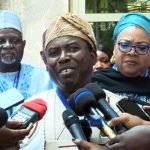
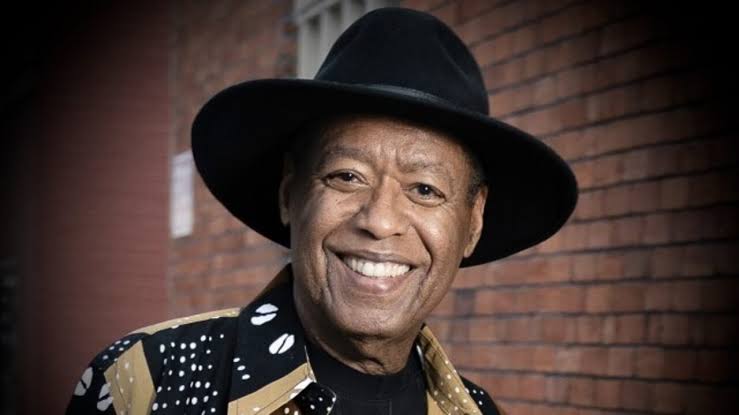


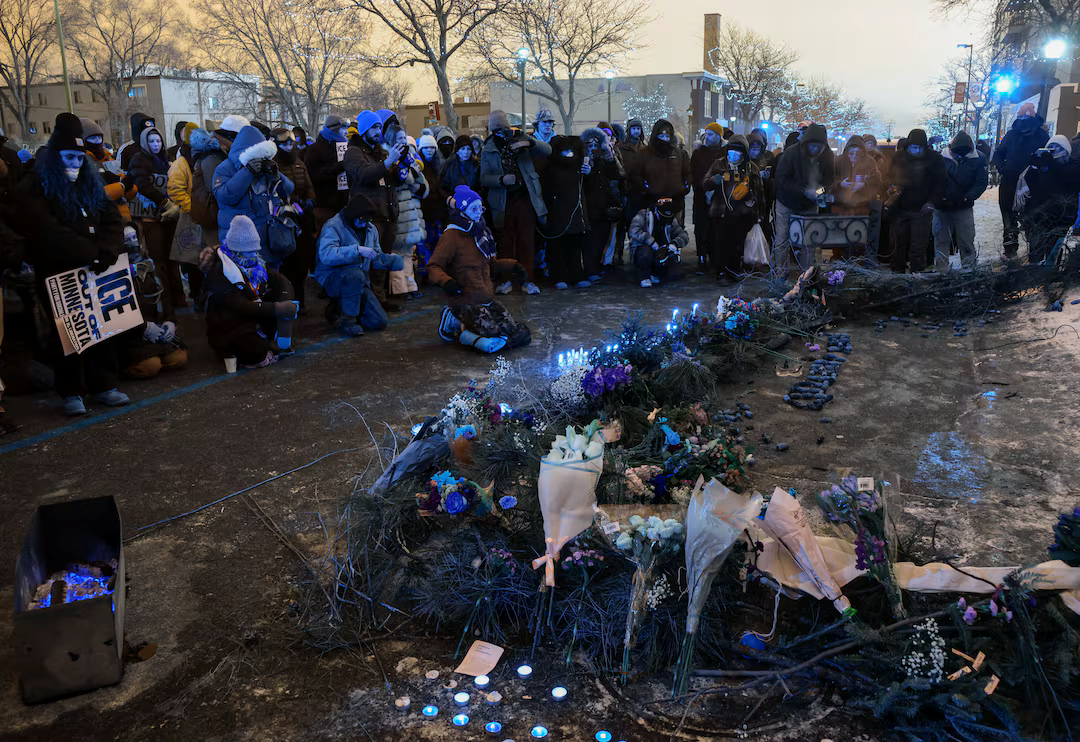
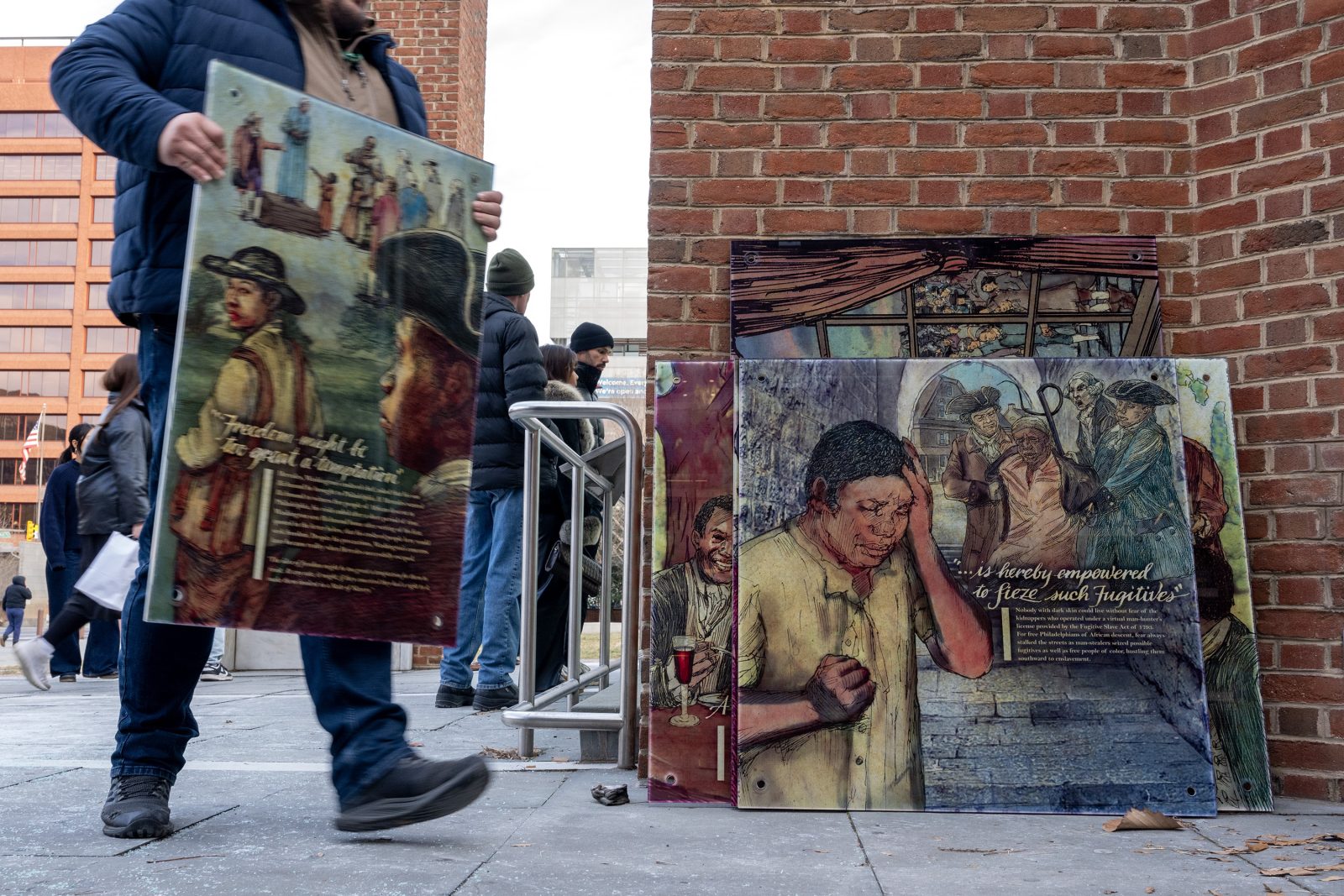
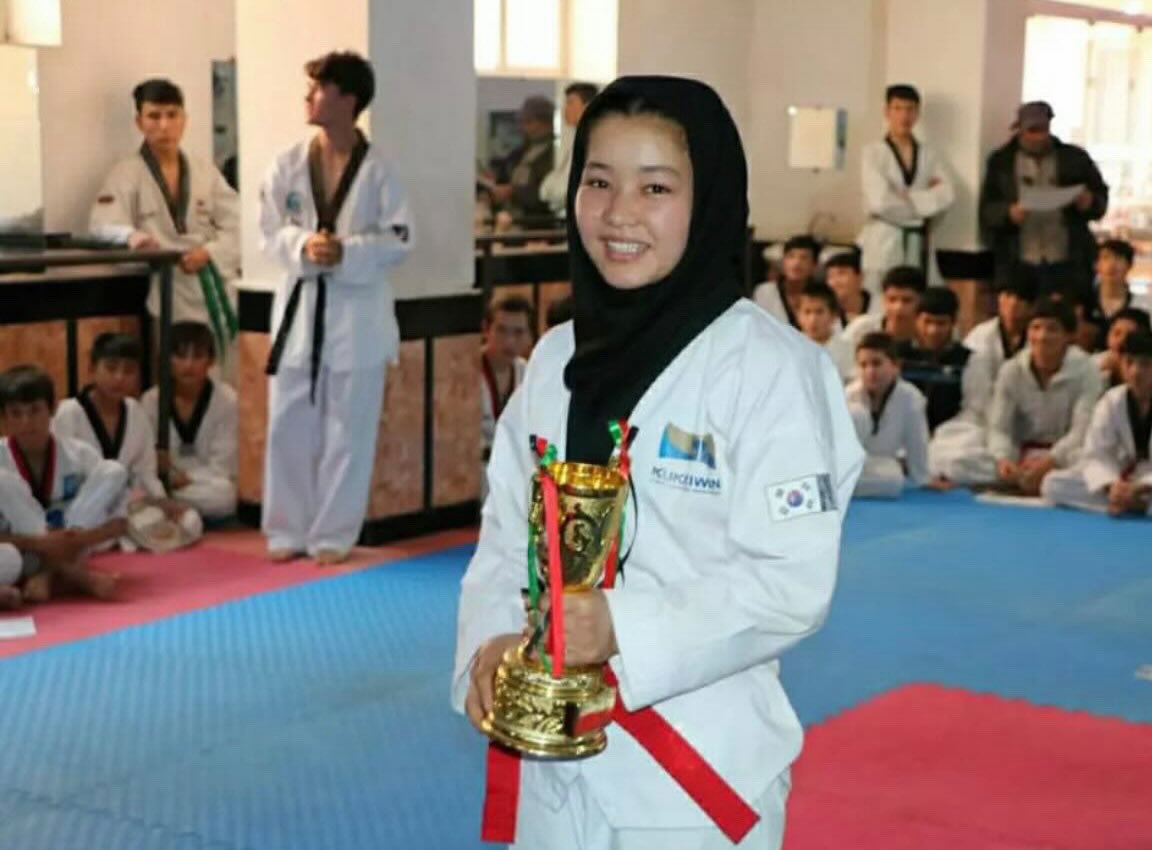
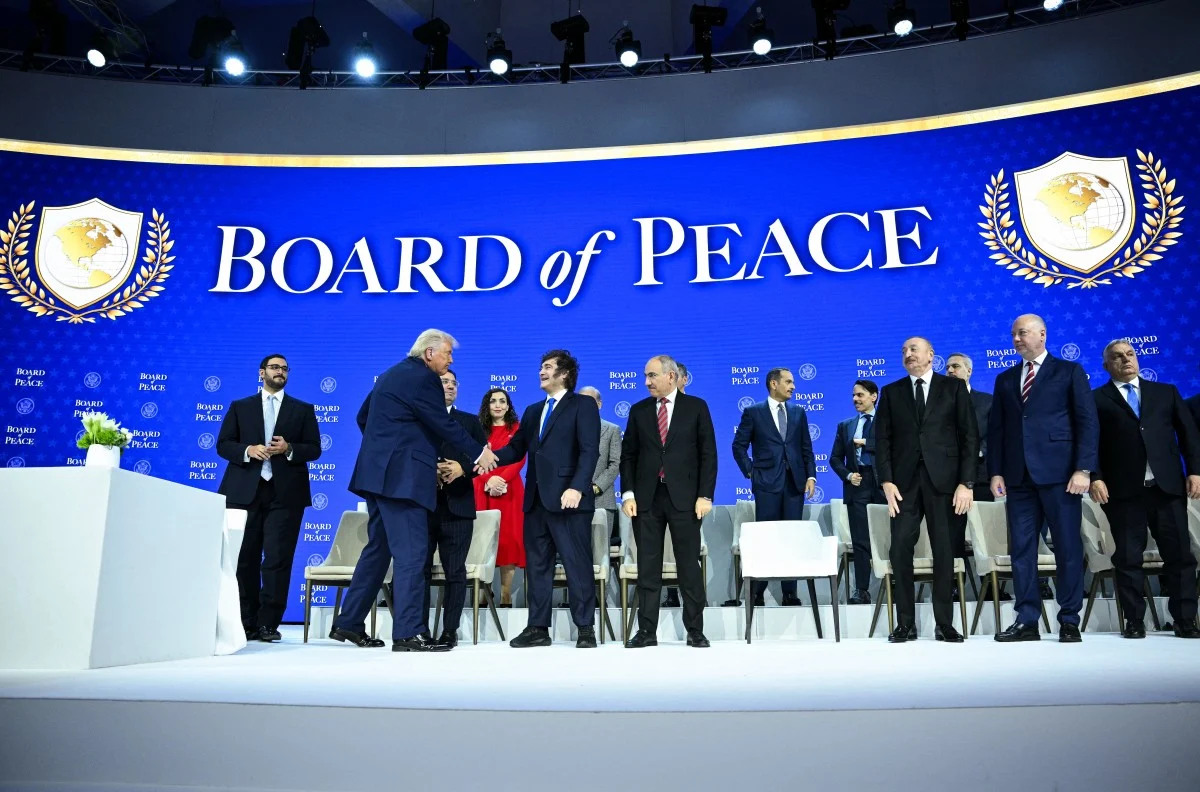
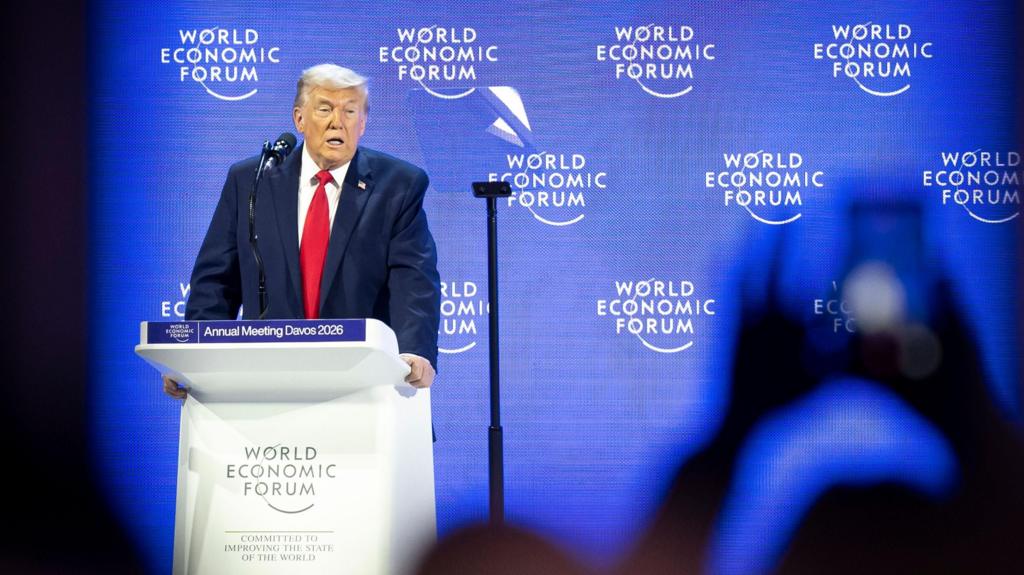
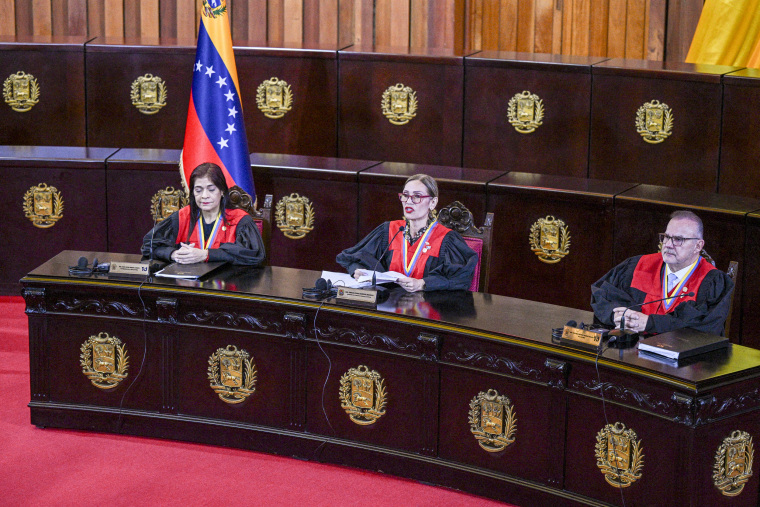
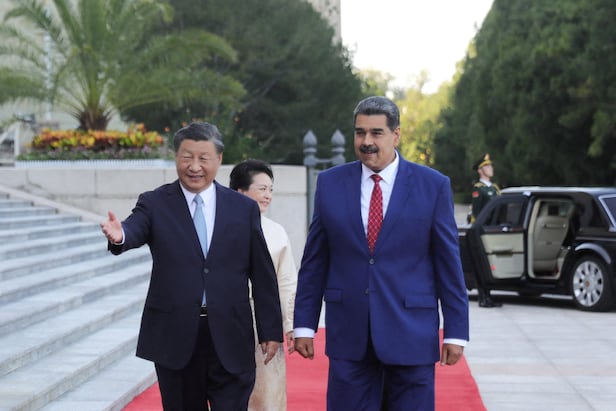
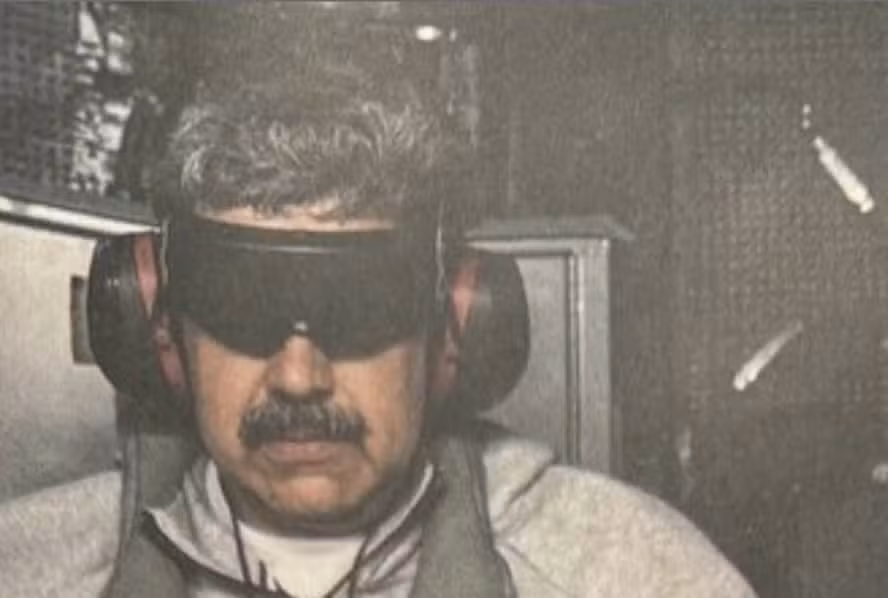
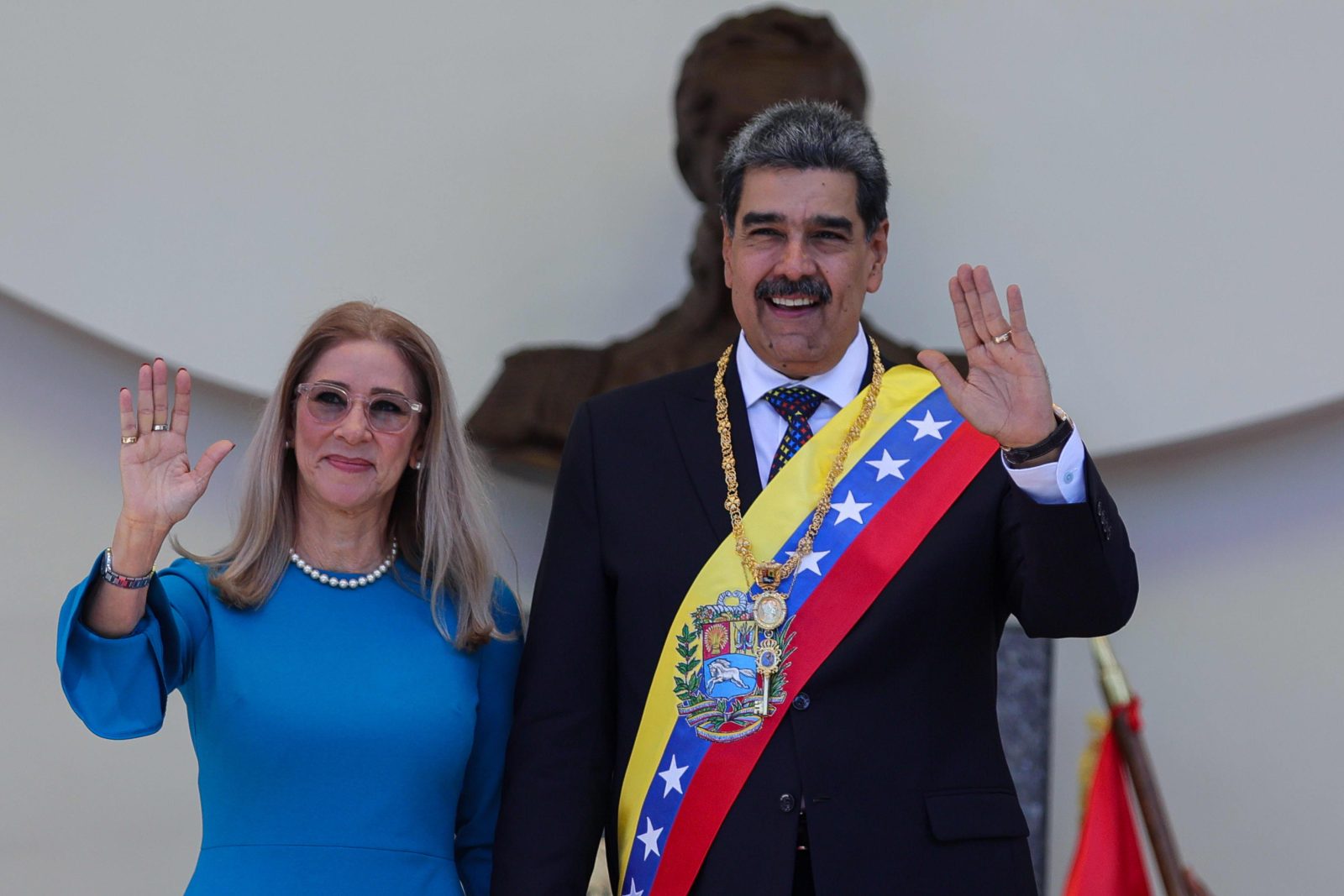

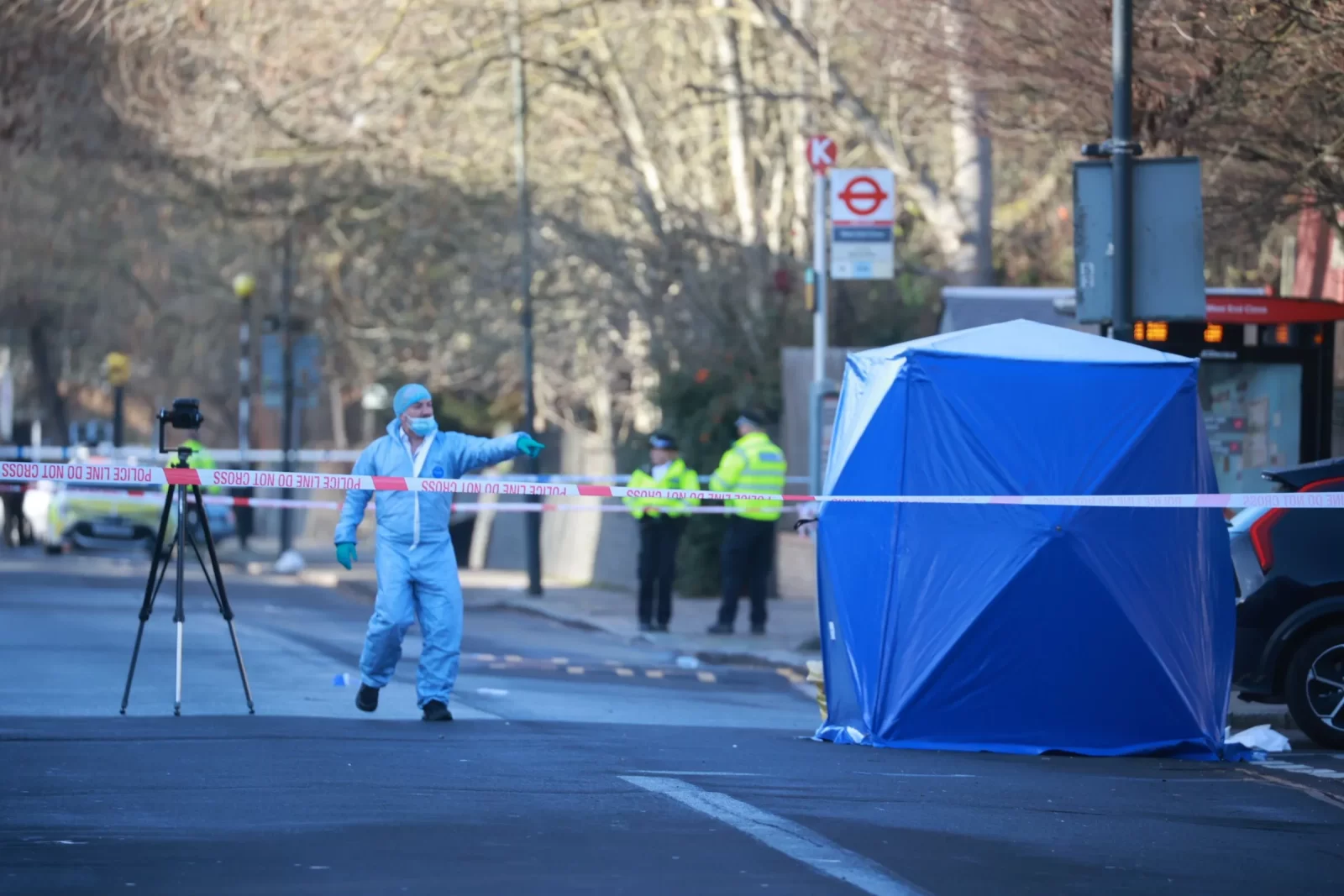



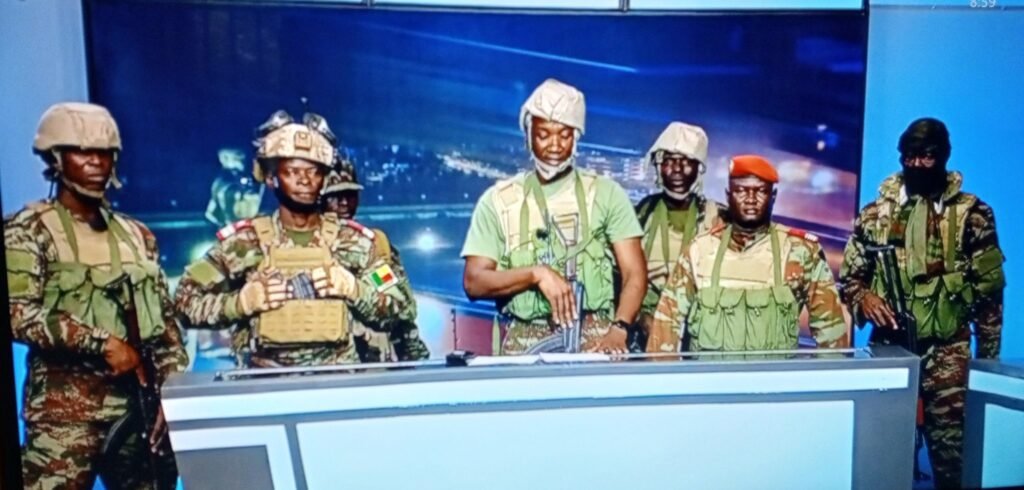
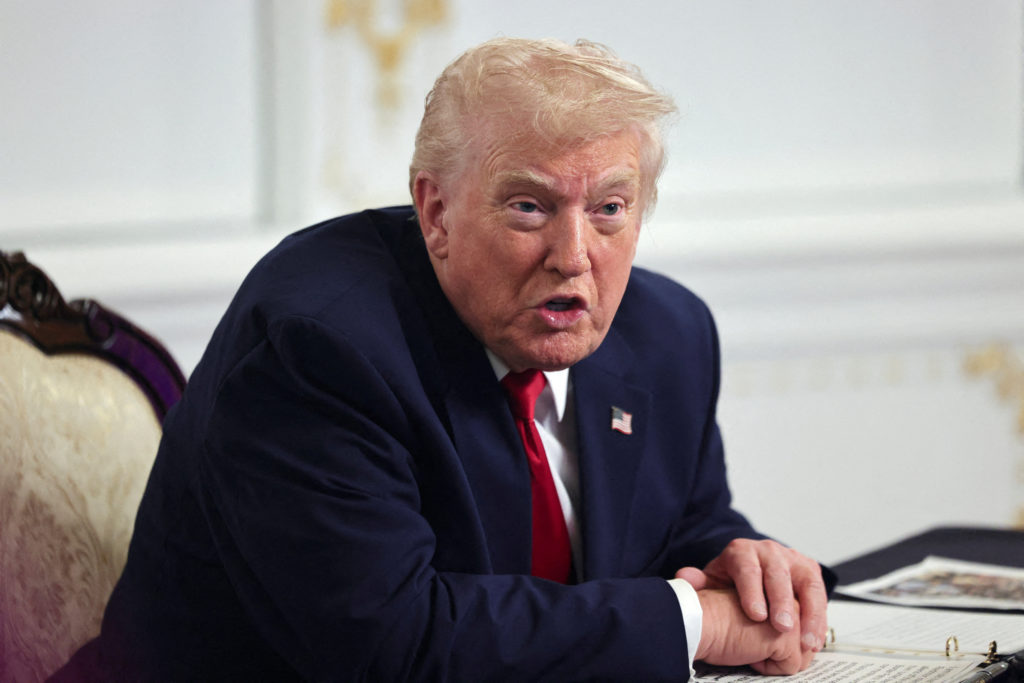
Leave a comment